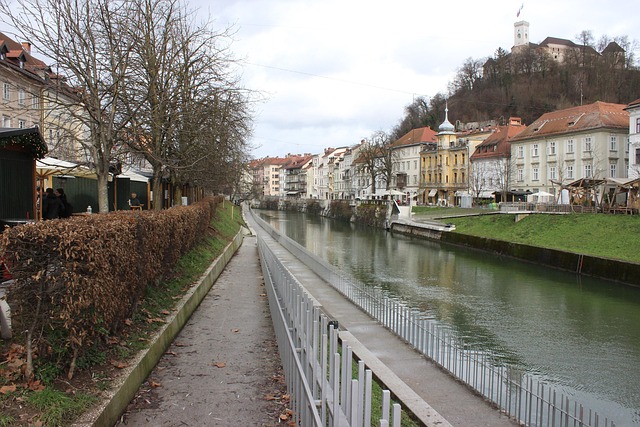Karachi's rapid urbanization has led to intense electricity demand, causing frequent power outages due to load shedding. This strategy, while crucial for managing peak hours, disrupts daily life and businesses. To combat this, Karachi can implement diverse solutions: encouraging renewable energy adoption, deploying smart grid tech, and promoting community-based conservation efforts. These measures aim to create a more sustainable and reliable energy future for the vibrant city of Karachi.
In Karachi, electricity load shedding has become a recurring challenge, affecting residents across the metropolis. This article offers a comprehensive overview of this pressing issue, delving into the causes and impacts of load shedding in Korangi, one of Karachi’s bustling neighborhoods. We explore why these power outages occur, their effect on daily life, and present strategies to mitigate the problem, ultimately aiming to illuminate prospects for a more stable power supply in the future, tailored to Karachi’s needs.
Understanding Electricity Load Shedding in Karachi: A Comprehensive Overview

Electricity load shedding in Karachi, a recurring issue, refers to the deliberate discontinuation of electricity supply by the power distribution companies to balance the demand and prevent system overload. This practice is implemented during peak hours or times of high energy consumption when the city’s electrical grid reaches its capacity limit. Karachi, as Pakistan’s economic hub, faces unique challenges in meeting its ever-growing energy demands. The rapid urbanization and increasing population have put immense pressure on the existing power infrastructure, leading to frequent power outages.
Understanding load shedding is crucial for Karachis residents and businesses alike. It involves a complex process where electricity is temporarily cut off in specific areas or neighborhoods to ensure fair distribution and avoid system collapse. This strategy, while disruptive, plays a vital role in maintaining grid stability and preventing long-term damage. By managing demand, the city can foster a more sustainable and reliable energy future.
Causes and Impacts: Why Load Shedding Occurs and Its Effect on Residents

Load shedding, a common occurrence in Karachi, is a critical issue that significantly impacts the lives of residents. It refers to the temporary interruption of electricity supply, often due to various factors such as peak demand, power shortages, or maintenance. In the bustling metropolis of Karachi, where energy demands consistently outstrip supply, load shedding has become an unwelcome but familiar routine.
The effects are far-reaching; from disrupting daily routines and business operations to causing significant inconvenience and even health risks. Residents may experience difficulties in lighting their homes, operating essential appliances, or using air conditioning during hot summer days. This uncertainty can lead to increased stress and financial burden, especially for low-income families. Karachi’s unique geographic location and rapid urbanization contribute to the complexity of this issue, making efficient energy distribution a challenging task for authorities.
Mitigating Strategies and Future Prospects for a Stable Power Supply in Korangi, Karachi

In the face of recurring electricity load shedding in Korangi, Karachi, several mitigating strategies can be implemented to ensure a more stable power supply for residents and businesses alike. One key approach is the diversification of energy sources. By encouraging the adoption of renewable energy solutions like solar panels and wind turbines, Korangi can reduce its reliance on traditional grid power, thereby lessening the burden on the existing infrastructure during peak demand times. Additionally, smart grid technologies offer promising prospects. These systems utilize advanced metering and data analytics to optimize energy distribution, prevent outages, and enable more efficient load management.
Furthermore, community-based initiatives for energy conservation play a crucial role in the future sustainability of Korangi’s power supply. Educating residents on energy-efficient practices, promoting the use of energy-saving appliances, and encouraging industrial sectors to adopt eco-friendly production methods can significantly reduce overall electricity consumption. With these strategies combined, Karachi can move towards a more reliable and environmentally conscious energy landscape, ensuring a brighter future for its vibrant community.
Electricity load shedding in Korangi, Karachi, remains a complex challenge that requires multifaceted solutions. By understanding the root causes and their impacts on residents, we can collectively work towards mitigating strategies for a more stable power supply. Investing in infrastructure upgrades, promoting energy efficiency, and exploring renewable energy sources are key prospects for ensuring a brighter future free from frequent power disruptions. These efforts are crucial steps toward enhancing the quality of life for Karachiites and fostering economic growth in the vibrant city of Karachi.
